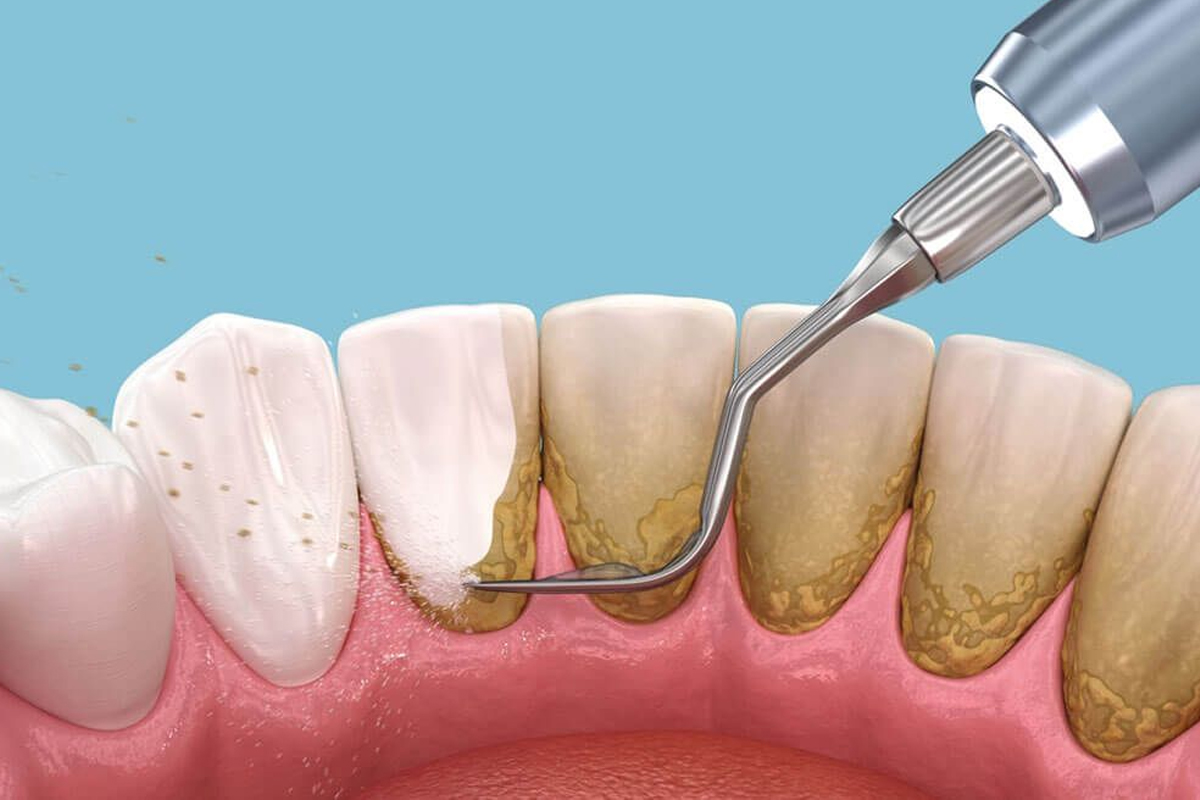A bright, healthy smile starts with clean teeth and healthy gums. Dental scaling, also known as professional teeth cleaning, is an essential preventive procedure that removes plaque, tartar, and bacteria from your teeth — areas that regular brushing and flossing often miss.
What is Dental Scaling?
Over time, food particles and bacteria accumulate on the teeth and gumline, forming a sticky layer called plaque. If not removed, plaque hardens into tartar (calculus), which can lead to gum inflammation, bad breath, and even tooth loss.
Scaling is a specialized dental procedure that carefully removes these deposits, helping restore your teeth’s natural shine and keeping your gums healthy.
Why You Need Scaling
Even with excellent oral hygiene, certain areas of the mouth are difficult to clean. Scaling is recommended for:
-
Gum bleeding or swelling
-
Persistent bad breath
-
Yellow or stained teeth
-
Tartar buildup near the gums
-
Preventing gum disease and tooth decay
The Scaling Procedure
-
Examination: The dentist first checks your teeth and gums for signs of plaque, tartar, or gum problems.
-
Ultrasonic Cleaning: Using an ultrasonic scaler, gentle vibrations and water remove plaque and hardened tartar from the tooth surface and beneath the gumline.
-
Polishing: After cleaning, your teeth are polished to smooth the surfaces and prevent future plaque buildup.
-
Fluoride Application (optional): A fluoride treatment may be applied to strengthen your teeth and protect against decay.
Benefits of Dental Scaling
-
Healthier gums and fresher breath
-
Prevents gum disease and tooth loss
-
Enhances natural tooth color and brightness
-
Improves overall oral hygiene
-
Boosts confidence with a cleaner, brighter smile
How Often Should You Get Scaling Done?
For most people, professional scaling is recommended every 6 months. However, those prone to gum disease, smoking, or heavy tartar buildup may need more frequent cleanings as advised by their dentist.
Keep your teeth clean, your gums healthy, and your smile radiant with regular dental scaling. It’s a small step that makes a big difference in maintaining lifelong oral health.



